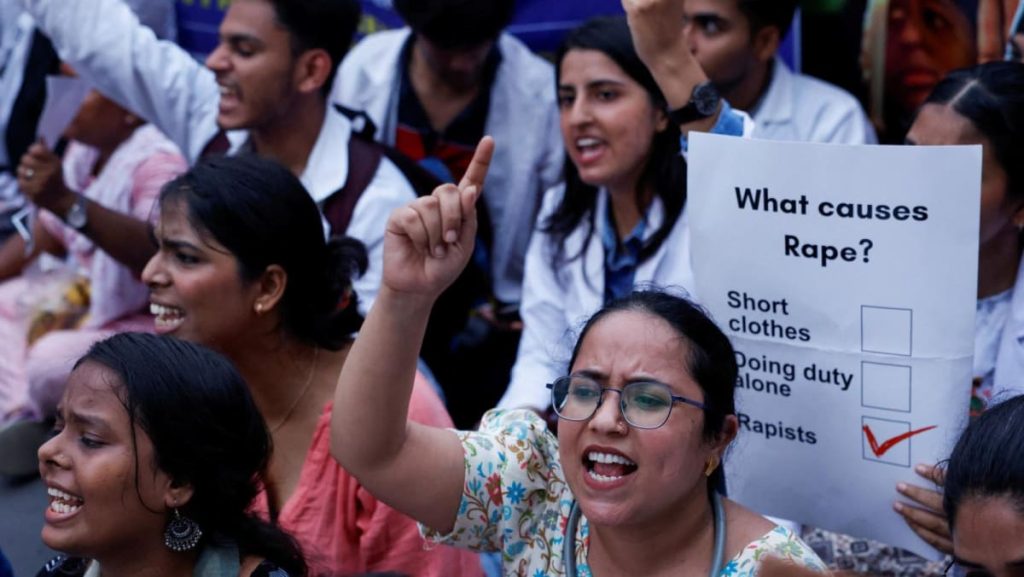On August 17, hospitals and clinics across India participated in a 24-hour shutdown in protest over the rape and murder of a doctor in Kolkata. More than one million doctors were expected to join the strike, resulting in a paralysis of medical services across the country. The government urged doctors to return to their duties in the public interest and promised to set up a committee to suggest measures to improve protection for healthcare professionals.
The strike was in response to the killing of a 31-year-old trainee doctor in Kolkata, which sparked nationwide protests among medical workers and a public outcry over violence against women. The walk-out disrupted access to elective medical procedures and outpatient consultations. The Indian Medical Association did not call off the strike despite the government’s offer, which was intended to end at 6 am local time on Sunday.
Protests took place throughout the day in Kolkata, with doctors, civil society members, and political leaders participating. Private clinics and diagnostic centres were closed in support of the strike. Mamata Banerjee, the chief minister of West Bengal, backed the protests and announced measures to improve security for women working night shifts. The Central Bureau of Investigation had detained one suspect in the case and questioned medical students and the principal of the hospital.
Patients queued up at hospitals across the country, some uninformed about the strike and unable to receive medical attention. Despite spending money on travel and waiting in line, many patients were turned away due to the strike. The strike was reported in cities such as Lucknow, Ahmedabad, Guwahati, and Chennai, resulting in one of the largest shutdowns of hospital services in recent memory.
India had previously introduced changes to the criminal justice system, including tougher sentences, following the 2012 Delhi gang rape, but campaigners argue that not enough has been done to deter violence against women. The Indian Medical Association called for further legal measures to better protect healthcare workers from violence, particularly women who make up the majority of the profession in the country. The strike shed light on the ongoing issue of violence against women and the need for improved safety measures for healthcare professionals in India.















